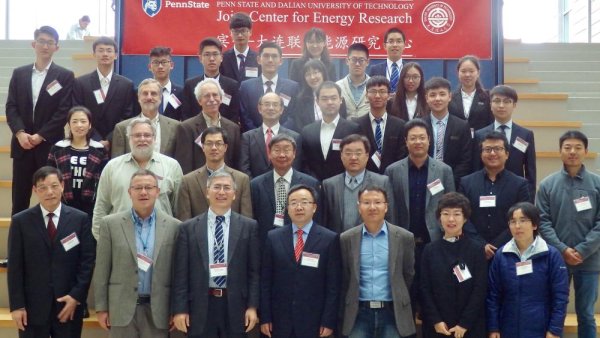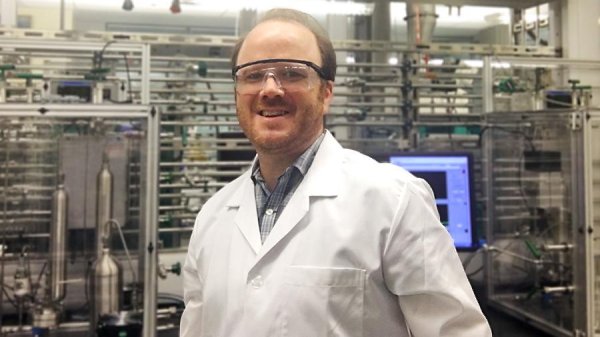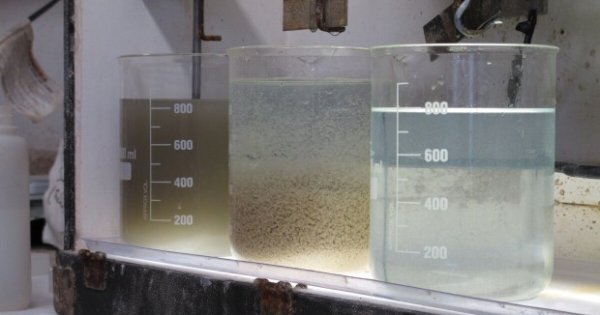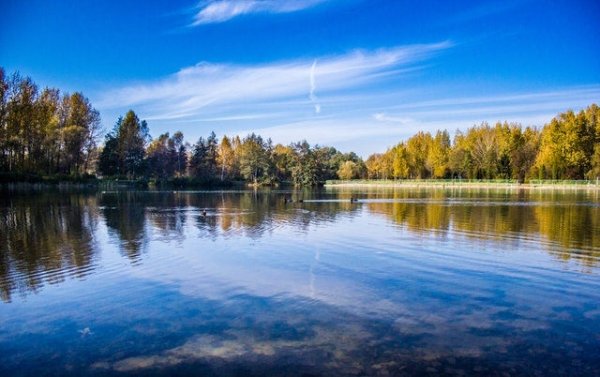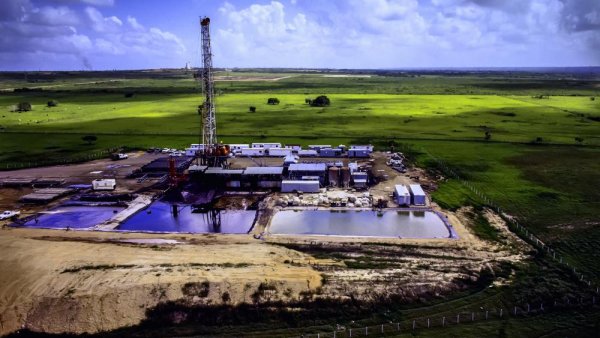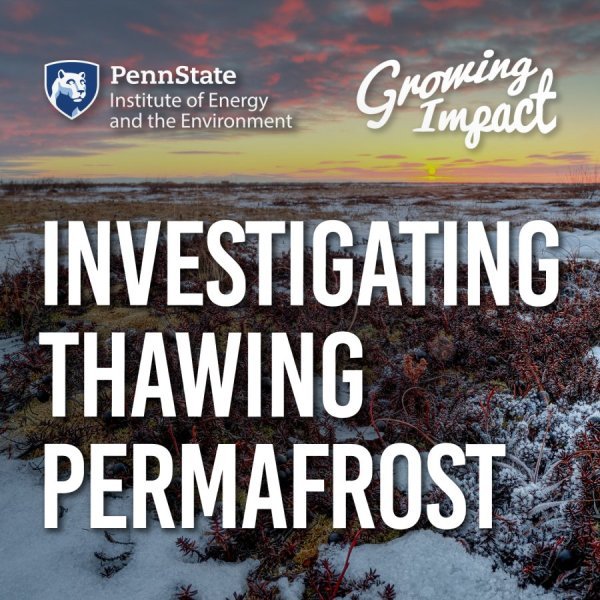New desalination method offers low-energy alternative to purify salty water
| psu.edu
Providing safer drinking water to those in need may be a little easier. According to Penn State researchers, a new desalination technique is able to remove salt from water using less energy than previous methods.
Partnership celebrates global synergy, accomplishments at joint energy workshop
| psu.edu
Members of the Penn State – Dalian Joint Center for Energy Research (JCER), a partnership between Penn State and Dalian University of Technology (DUT), one of the top research universities in China in energy and chemical engineering, met on campus recently to discuss ongoing research and collaboration initiatives and progress made in advancing clean energy research.
A curious quirk brings organic diode lasers one step closer
| psu.edu
Since their invention in 1962, semiconductor diode lasers have revolutionized communications and made possible information storage and retrieval in CDs, DVDs and Blu-ray devices. These diode lasers use inorganic semiconductors grown in elaborate high vacuum systems. Now, a team of researchers from Penn State and Princeton University have taken a big step toward creating a diode laser from a hybrid organic-inorganic material that can be deposited from solution on a laboratory benchtop.
New CIMP-3D co-director Hickner to expand polymer and composites research
| psu.edu
As new co-director of the Center for Innovative Materials Processing through Direct Digital Deposition (CIMP-3D), Michael Hickner plans to use his background in polymer science and engineering to open new avenues of research. Hickner, Corning Faculty Fellow in the Department of Materials Science and Engineering, sees polymers and polymer-based composites as a major growth area.
New evidence of contaminants from fracking
| cmaj.ca
New evidence has emerged indicating that wastewater from fracking contains compounds harmful to human health. Fracking, a controversial technique for extracting oil and gas, involves injecting a water mixture deep into the ground to force open existing fissures. The process produces wastewater
Institutes of Energy and the Environment seed grant recipients announced
| psu.edu
The 2017 Institutes for Energy and the Environment seed grants have been awarded to a pool of interdisciplinary researchers at Penn State. Thirteen grants totaling more than $312,000 have been awarded to 42 researchers that addressed four research themes: Climate and Ecosystem Change, Future Energy Supply, Smart Energy Systems, and Water and Biogeochemical Cycles.
Natural gas industry wastewater pollution may linger for years
| wesa.fm
A new study finds the treated wastewater from Pennsylvania’s natural gas industry may pollute rivers, lakes, streams and creeks for longer than previously…
Fracking pollution stays in waterways long after the fracking is done
| popsci.com
Dumping fracking water into rivers, lakes, and streams can cause lasting environmental damage, according to a recent study in the journal Environmental Science and Technology—even if you treat it first.
Rooftop concentrating photovoltaics win big over silicon in outdoor testing
| psu.edu
A concentrating photovoltaic system with embedded microtracking can produce over 50 percent more energy per day than standard silicon solar cells in a head-to-head competition, according to a team of engineers who field tested a prototype unit over two sunny days last fall.
Treated hydraulic fracturing wastewater may pollute area water sources for years
| psu.edu
Given Pennsylvania’s abundant natural resources, it’s no surprise that the Commonwealth has become a mecca for hydraulic fracturing. Researchers, however, have recently discovered that releasing millions of gallons of treated hydraulic fracturing wastewater each year into area surface waters may have longer-lasting effects than originally thought.
Recipients of 2017 Human Health and the Environment seed grants announced
| psu.edu
The Human Health and the Environment seed grants for 2017 have been awarded to a pool of interdisciplinary researchers at Penn State. These seed grants were funded by eight separate Penn State research entities and institutes, which collectively contributed more than $500,000. “We had an exceptional pool of proposals from faculty across the university,” Tom Richard, director of the Institutes of Energy and the Environment, said. “The projects address emerging contaminants well as legacy environmental problems that seriously impact human health.”
Office for General Education announces Integrative Studies Seed Grant awards
| psu.edu
The Integrative Studies Seed Grant Program, offered through the Penn State Office for General Education, will support 71 different course development projects this summer. In response to the large volume of highly qualified proposals, the budget was generously increased by more than 50 percent by the Office of the Provost and the Office of Undergraduate Education.


